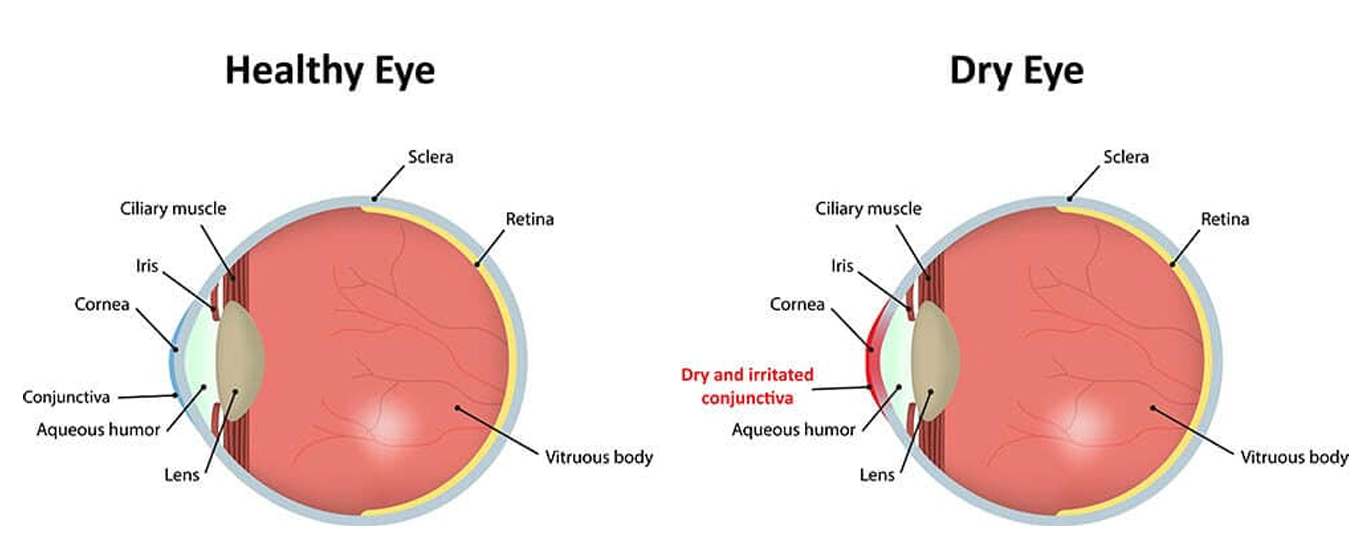All Categories
Featured
Extended direct exposure to ultraviolet (UV) rays can lead to various eye conditions, some of which may result in irreversible damage or vision loss. Whether you're outdoors on a bright coastline or taking a stroll on an overcast day, understanding just how UV rays influence your eyes and learning how to protect them is vital for keeping healthy and balanced vision.
What Are UV Rays and Just How Do They Influence the Eyes? UV rays are a type of undetectable radiation emitted by the sun. There are 3 kinds of UV rays:
UVA Rays: These penetrate deeply into the skin and eyes, contributing to lasting damages. UVB Rays: These are much more extreme and can trigger surface-level damage, such as sunburn or corneal damage. UVC Rays: These are one of the most unsafe but are soaked up by the Planet's atmosphere and rarely pose a straight risk. Both UVA and UVB rays can harm different parts of the eye, including the cornea, lens, and retina.
Short-Term Results of UV Direct Exposure. Also a brief duration of intense UV exposure can hurt your eyes. A typical condition resulting from this is photokeratitis, usually defined as "sunburn of the eye." Signs include:
Excruciating or red eyes. Sensitivity to light. Too much tearing. Temporary blurry vision. Photokeratitis is normally short-term but functions as a reminder of the instant threats of UV radiation.
Long-Term Impacts of UV Exposure. Cumulative UV exposure in time can cause a number of extreme eye problems, including:

Cataracts: UV rays accelerate the growth of cataracts, a problem where the lens of the eye becomes over cast, leading to vision problems. Cataracts are a leading cause of loss of sight worldwide.
Macular Degeneration: The macula, a component of the retina liable for central vision, can be harmed by extended UV exposure, increasing the danger of age-related macular deterioration (AMD)
Pterygium: Frequently called "internet user's eye," this condition includes a development of tissue on the white component of the eye, which can cross the cornea and impair vision.
Pinguecula: UV exposure can trigger yellow-colored areas to base on the conjunctiva, bring about irritability and pain.
Skin Cancer Around the Eyes: The fragile skin bordering the eyes is extremely susceptible to UV radiation, increasing the risk of basic and squamous cell cancer.
Safeguarding Your Eyes from UV Damages. The bright side is that shielding your eyes from UV radiation is basic and effective. Below are some important suggestions:
Use UV-Blocking Sunglasses. Choose sunglasses that block 100% of UVA and UVB rays. Try to find tags showing "UV 400" protection. Wrap-around designs supply additional coverage, avoiding UV rays from entering from the sides.
Utilize a Wide-Brimmed Hat. A hat with a wide brim can obstruct almost 50% of UV rays, using additional protection for your eyes and the delicate skin around them.
Prevent Height Sun Hours. UV rays are greatest in between 10 a.m. and 4 p.m. Decrease your outside direct exposure throughout these hours, or guarantee you're adequately secured if you require to be outside.
Secure Your Eyes Year-Round. UV rays are present year-round, even on cloudy or snowy days. Snow, sand, and water can reflect UV rays, increasing their results. Make sunglasses a component of your daily routine, no matter of the period.
Take Into Consideration UV-Blocking Call Lenses. Numerous call lenses now provide UV protection, which can be an extra secure when coupled with sunglasses.
Encourage Eye Protection for Children. Children's eyes are extra vulnerable to UV damages since their lenses are clearer, permitting more UV light to get to the retina. Guarantee they put on sunglasses and hats when playing outdoors.
Schedule Routine Eye Tests. Regular brows through to an eye care specialist are vital for monitoring your eye health and wellness. An eye doctor can discover very early indications of UV-related damages and advise options, such as prescription sunglasses or UV-blocking glasses tailored to your requirements.
Verdict. UV rays might be unnoticeable, but their impact on your eye health is very real. Keep in mind, your eyes are one of your most useful possessions-- take the necessary steps to shield them from dangerous UV rays today.
Latest Posts
Learn How to Save Big on Car Maintenance with Montclare Auto Repair’s Exclusive Deals
Discover Why Chicago Drivers Select Montclare Auto Repair for Trusted Service and Big Savings
Unlock WyHy Federal Credit Union – Top Benefits for Your Financial Success
More
Latest Posts
Learn How to Save Big on Car Maintenance with Montclare Auto Repair’s Exclusive Deals
Discover Why Chicago Drivers Select Montclare Auto Repair for Trusted Service and Big Savings
Unlock WyHy Federal Credit Union – Top Benefits for Your Financial Success